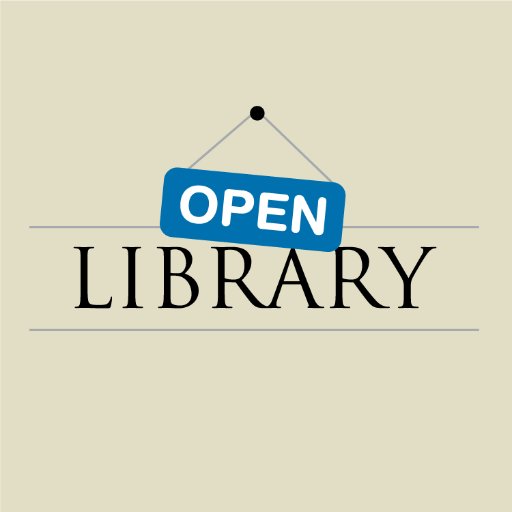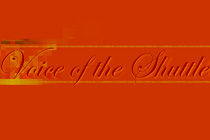I am lucky enough to teach in a place that issues Chromebooks to students starting in the 6th grade. Since I teach 6th grade, this is a very exciting but overwhelming time. Many students have ample experience on iPads/tablets or smartphones, but Chromebooks seem to be a whole new ballgame. Middle school also brings that time of learning and using notetaking skills. Here are some apps that I have used with students or that I am looking at exploring in regards to notes:

Google Keep: I love Google Keep and use it myself. It feels like I have all my sticky notes with me no matter what device I am on. I like that you can pin notes and color code them. All of my oldest daughter's notes are in her favorite color (turquoise); this includes thinks like her daily plan and swim times. I can also add people as collaborators, so she is on all of the notes and can update them as well. You can add photos/images to notes. There's an extension that you can put in Chrome to clip websites as well.

Xodo: I am new to Xodo. It has a clean extension that can be opened in Chrome. I like that it connects to files in areas like Google Drive, especially since that is the part of the Google Suite that we use the most. It allows the addition of freehand drawing, shapes, and text boxes. It would be a way for us to allow kids to type for notes or freehand their notes as they see fit. We could utilize the touch screens this way as well! It has many tools and options but doesn't feel cluttered. I am excited to introduce it to students next year and learn more about it.

Quick Note: Another extension that can be put on Google Chrome, Quick Note offers a way to quickly open up a page to keep notes on. It has a nice appearance similar to that of a legal pad. It doesn't have much past that; no bells and whistles. You also have to sign up for a diig account to use it, and it doesn't seem to have the ability to save in other areas like Xodo. I need to play with it more, but currently I don't see much of a difference between using that and a Google Doc.






